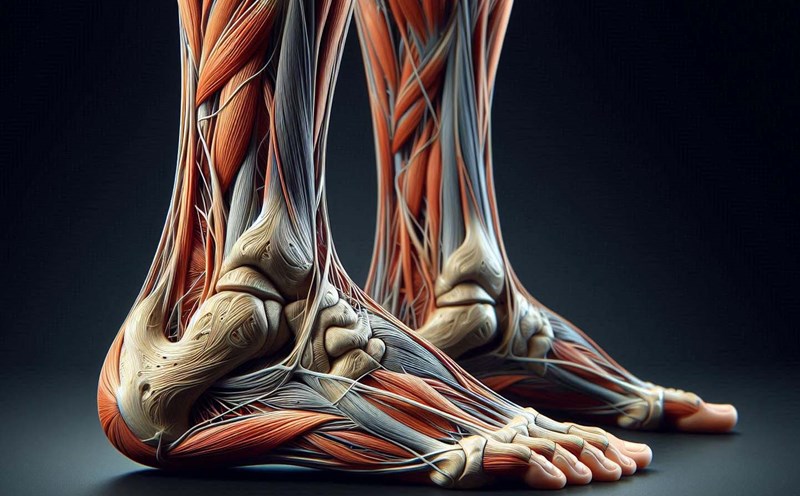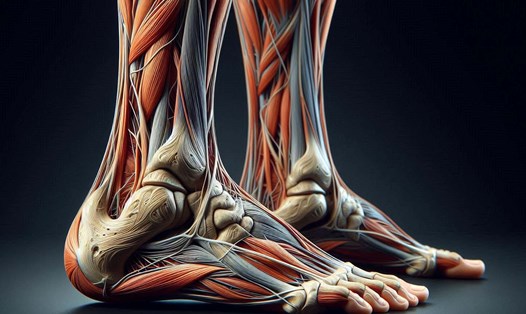Magnesium
Role: Helps relax muscles and blood vessels, stabilizes nervous system activity.
Deficiency causes: Magnesium deficiency can increase the risk of headaches, especially migraines.
Sources: Dark green vegetables, nuts, beans, whole grains and fish.
Vitamin B2 (Riboflavin)
Role: Supports energy production in cells.
Deficiency causes: Some studies suggest that vitamin B2 deficiency may be linked to migraines.
Sources: Milk, eggs, fish, meat and green leafy vegetables.
Vitamin D
Role: Regulates immunity, supports the nervous system and blood circulation.
Deficiency causes: May be associated with chronic headaches, including tension headaches.
Sources: Sunlight, salmon, mackerel, egg yolks, and vitamin D-fortified milk.
Iron
Role: Transport oxygen to tissues in the body.
Deficiency Causes: Iron deficiency anemia can cause fatigue, dizziness, and headaches.
Sources: Red meat, seafood, tofu, spinach and beans.
Omega-3
Role: Anti-inflammatory and supports brain function.
Deficiency causes: Omega-3 deficiency can increase inflammation, causing headaches.
Sources: Fatty fish (salmon, sardines), flaxseeds, chia seeds and walnuts.
Vitamin B12
Role: Necessary for blood cell production and nerve function.
Deficiency Causes: B12 deficiency can lead to fatigue and headaches.
Sources: Meat, fish, eggs, milk and supplements.
How to prevent?
- Maintain a balanced diet, including foods rich in vitamins and minerals.
- Consider nutritional supplements (if needed) after consulting your doctor.
- Drink enough water, because dehydration can also cause headaches.
- Manage stress and maintain adequate sleep habits.
- If you have a persistent headache, you should go to the hospital for timely examination and treatment.











